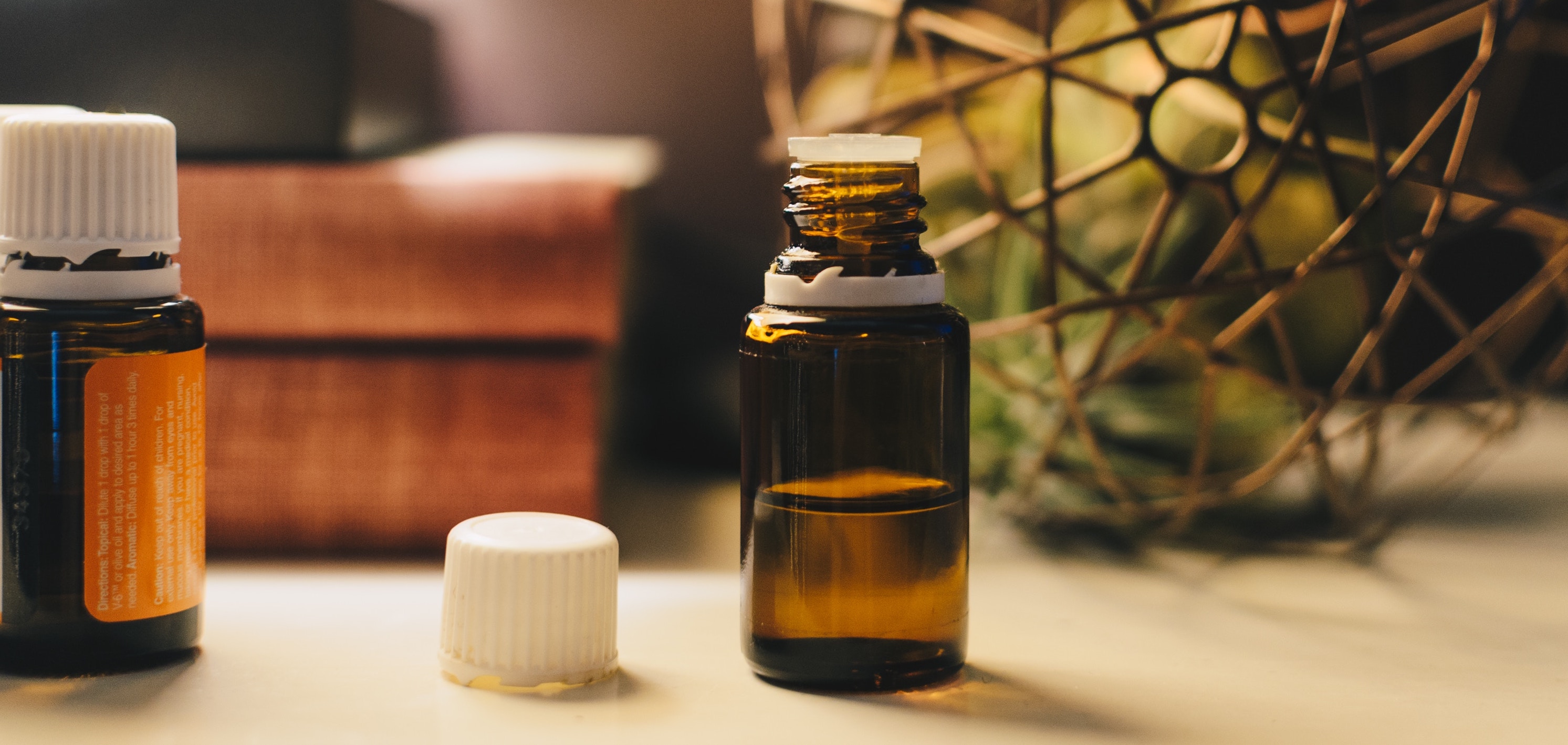Your eyes are red and puffy, you can’t stop sneezing unless you’re dead asleep and the itchiness that’s happening within your nose is making your irritability skyrocket. Not only that, but the walkway to your front door looks like a yellow brick road, you aren’t sure what color your car is anymore and your back patio appears as if it’s painted yellow. Yep, it’s that time of year again: allergy season! And the 2025 allergy season is no joke.
When I woke up earlier this week, sneezing uncontrollably, I longed for a solution to my allergy-induced state but felt hesitant to run to the grocery store to grab the Claritin and Zyrtec that stock the shelves. With more knowledge at my fingertips and reputable resources teaching me the ins and outs of medicine, these days I am wary of the conventional products and toxic chemicals that I may be putting in my body just to cover up a symptom that will inevitably return. Let me explain why!

Why I Avoid Conventional Allergy Medicine
Antihistamines, such as Claritin, Zyrtec and Benadryl, block the histamines (aka symptoms) your body is trying to release during allergy season. When you take these medicines, you might be covering up your symptoms temporarily, but you’re not solving the issue that causes them. You might actually be doing more harm than good!
Think of the antihistamines as a metaphorical dam, blocking up the reactions (sneezing, watery eyes, itchiness, runny nose) that are trying to come to the surface. Taking these antihistamines can lead to brain fog, lethargy, headache, fatigue, restlessness and more negative symptoms that can cause you to feel off your A-game. It can take days for these side effects to wear off, and then it’s back to the allergy attack. I don’t know about you, but that’s not how I want to feel when I’m trying to have a productive workday or enjoy the outdoors with friends and family.
With that being said, I made it my mission to research natural remedies that would help combat a seasonal allergy attack without involving harmful chemicals. Here are five ways to ward off an allergy attack—naturally.
Local Honey
Raw honey is now my go-to natural remedy for allergy relief. Honey has a multitude of health benefits on its own, but local honey is even better! Think of the honeybees in your neighborhood as your teeny, tiny natural doctors. They are here to help you thrive, and—bonus—by choosing to purchase local honey, you are also choosing to make a positive impact on your surrounding environment!
As your little local bees feed off the plants that surround your home and work, they are collecting pollen that will soon turn into local honey, which can help combat your allergies. This process of building up an immunity to a substance with the substance is known as trace exposure. Imagine that you are preparing for the attack before it has a chance to strike—with the bees by your side!

In its raw state, honey contains antioxidants and phytonutrients that act as a barrier for cell damage. Honey also serves as a natural throat salve and cough suppressant, the ideal duo to ward off those pollen-induced allergy attacks. The sooner you begin introducing local honey into your diet, the sooner you will begin to reduce your allergy symptoms over time. Start adding local honey to your oatmeal, smoothies or hot tea for allergy relief!
Apple Cider Vinegar
I also love to use apple cider vinegar as a natural remedy for allergy relief. Not only is unfiltered apple cider vinegar an extremely useful and delicious kitchen condiment, but it can also be used to reduce your body’s production of mucus and clear out your lymphatic system.
When your allergies kick in and that junk starts building up in the back of your throat, all you need to do is add a tablespoon of apple cider vinegar to a cup of hot water, swish it around in your mouth and swallow it. Before you know it, you will be able to breathe more easily, and you will also reap the added benefits of apple cider vinegar for gut health!

For the ultimate anti-allergy, immune-boosting concoction, mix together one tablespoon of apple cider vinegar and one tablespoon of local honey with a cup of hot water and a dash of cinnamon.
Probiotics
In some situations, your allergies may be a result of an imbalanced immune system. If this seems to be the case for you, it may be causing your allergy symptoms to feel more severe than in years past. In this scenario, adding a probiotic to your diet may be exactly what you need to help reduce your allergy symptoms and begin to enhance your overall health.
Probiotics give your immune system a boost by introducing beneficial bacteria into your digestive system. So not only will your allergies subside, but your gut will thrive!
Probiotics are a great natural remedy for allergy relief and great for improving your overall health. If you want to learn more about the health benefits of probiotics, check out this post.
Essential Oils
It seems like everyone and their sister, cousin and best friend is selling essential oils these days, and they might have a good reason to! Breathing in certain essential oils helps to naturally reduce and clear out your swollen nasal passages, making them a great natural remedy for allergy relief. Do you ever have that moment where your head feels foggy and congested but when you go to blow your nose, nothing happens? This is because it is not actually congestion causing your headache, but swollen airways leading you to feel intense sinus pressure.

Eucalyptus, basil and peppermint essential oils are just a few options that can help you reduce congestion. You can purchase an oil diffuser to keep in your bedroom or living room, or you even use a cotton swab to dab clean oil products beneath your nostrils. It might look a little silly, but once you begin breathing clearly you’ll quickly realize the benefits are worth it!
Exercise
I get it, the last thing you feel like doing when you’re struck down with an allergy attack is exercise. Who wants to run off the floor to grab tissues every five minutes? Not me! But before you kick this concept to the curb, let me explain why exercising during allergy season might help you more than you realize.
Studies have shown that exercising for just 30 minutes a day can substantially aid in reducing inflammation caused by seasonal allergies. Due to the anti-inflammatory effect that exercise has on your body, it can naturally ward off allergy symptoms such as nasal congestion, head congestion, puffy eyes and more.
If you are feeling super congested, remember to focus on exercises that promote proper breathing techniques so that you’re not huffing and puffing during your workout session. Yoga, pilates and low-intensity resistance training are helpful in strengthening your heart and lungs without triggering your symptoms through excessive cardio workouts. Even though working out may be the last thing you want to do when you feel bogged down, it can be an extremely beneficial natural remedy for allergy relief.


